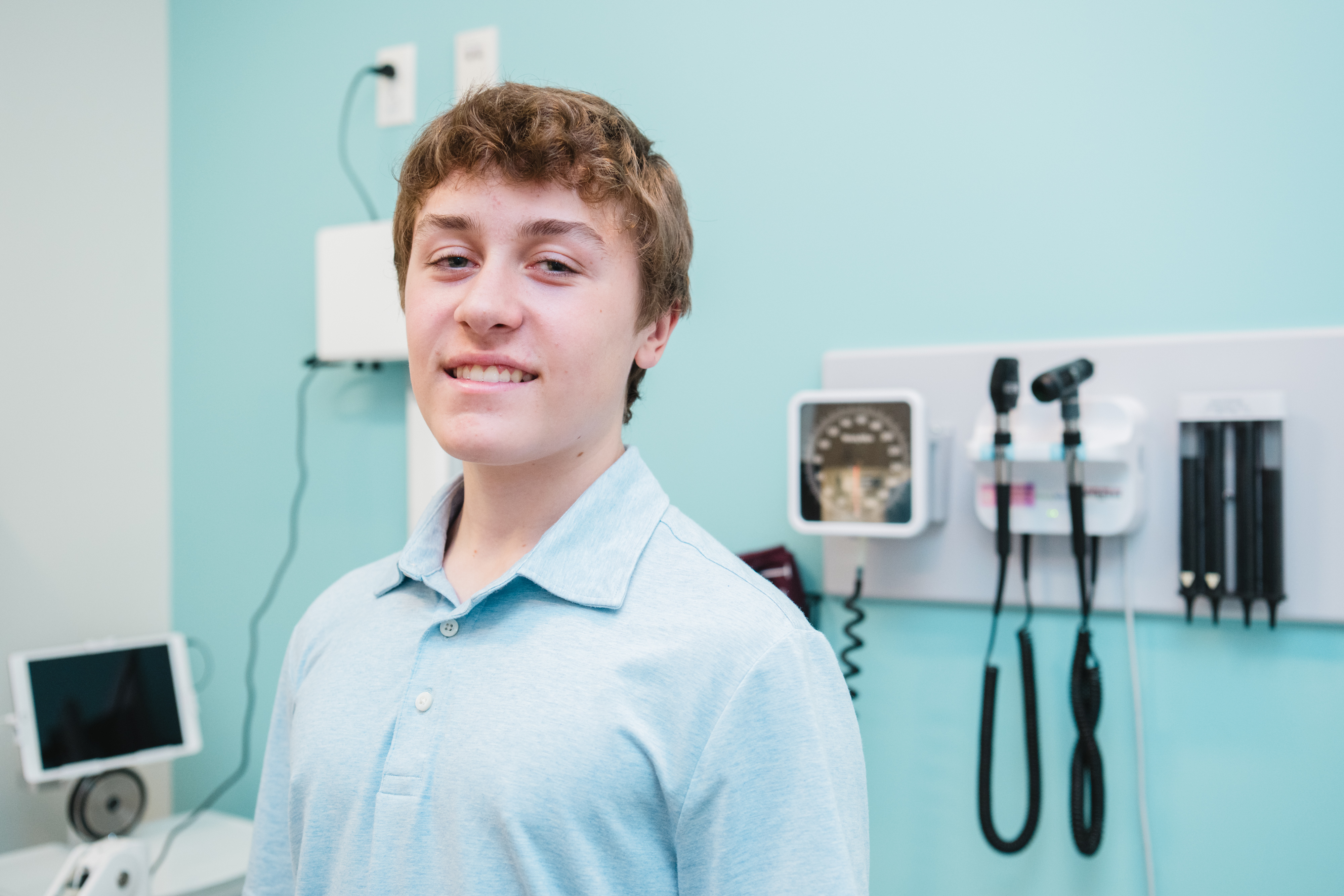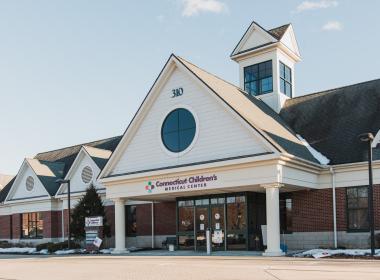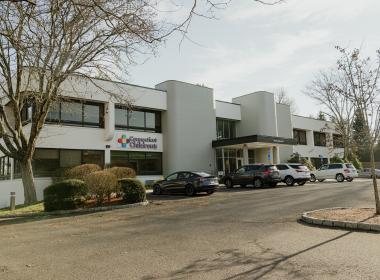Why Choose the Celiac Disease Program at Connecticut Children’s?
Connecticut Children’s Celiac Disease Program is staffed by pediatric gastroenterologists with extensive experience diagnosing and managing celiac disease. Additionally, our team includes dietitians who provide outstanding education and counseling to support children and their families with managing this disorder.
We are committed to providing comprehensive care for every child diagnosed with celiac disease. Recognizing that it’s a lifelong condition, we address the patient’s physical, social and emotional needs, including the challenges of adjusting to dietary changes. We offer support to help families navigate these changes with ease and confidence.
Services We Offer
- Diagnosis and Treatment: Our gastroenterologists utilizes advanced diagnostics and treatments to deliver high-quality care to each patient.
- Nutritional Counseling: Our registered dietitians offer expert guidance to help manage celiac disease effectively. [Add note about group video classes with families and patients. Food labeling, eating out, social situations.
- Psychosocial Support: Our psychologists help patients process feelings of frustration, sadness, or confusion, helping them adjust to their diagnosis. Additionally, our social workers provide a wide range of services to support both the patient and their family, including patient representation, assistance with financial issues, and linking families to essential resources to navigate dietary restrictions.














